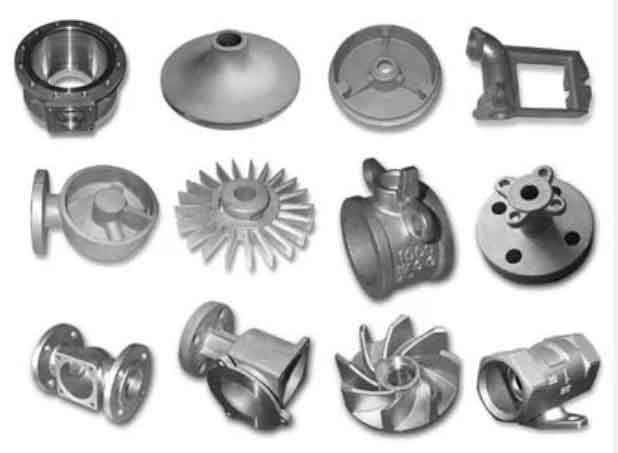Ductile iron, also known as nodular iron or spheroidal graphite iron, is a type of cast iron that exhibits improved mechanical properties compared to traditional gray iron. It is widely used in various industries for high-stress applications due to its excellent strength, toughness, and wear resistance. When exploring the mechanical properties of ductile iron castings for such applications, several key factors should be considered:

- Tensile Strength: Ductile iron has a high tensile strength, typically ranging from 400 to 600 megapascals (MPa). This property makes it suitable for applications where the component needs to withstand significant forces without deformation or failure.
- Yield Strength: Ductile iron has a yield strength comparable to its tensile strength, typically ranging from 250 to 400 MPa. The yield strength determines the maximum stress a material can withstand without permanent deformation. Ductile iron’s high yield strength allows it to resist plastic deformation under high-stress conditions.
- Elongation and Ductility: Ductile iron exhibits good elongation and ductility, allowing it to deform before fracture. This property is essential for components that may experience sudden impact or cyclic loading. Ductile iron typically has an elongation of 10% or more, indicating its ability to absorb energy before failure.
- Toughness: Ductile iron has excellent toughness, which is a measure of its ability to absorb energy without fracturing. It can withstand sudden shocks, vibrations, and impact loading, making it suitable for applications subject to dynamic loading or severe operating conditions.
- Fatigue Strength: Ductile iron exhibits superior fatigue strength compared to gray iron, making it more resistant to cyclic loading and repeated stress. This property is particularly important for components subjected to alternating loads or vibrations over an extended period.
- Hardness: Ductile iron has a moderate hardness, typically ranging between 150 and 250 Brinell hardness (HB). It offers a good balance between wear resistance and machinability. The hardness can be tailored through heat treatment processes to achieve specific requirements for different applications.
- Impact Resistance: Ductile iron has excellent impact resistance due to its nodular graphite structure, which acts as a crack-arresting mechanism. This property makes it suitable for applications that involve sudden impact or shock loading.
- Corrosion Resistance: Ductile iron has inherent corrosion resistance due to the presence of graphite nodules, which act as a barrier against corrosive media. However, in aggressive environments, additional protective measures such as coatings may be necessary.
It is worth noting that the mechanical properties of ductile iron can be influenced by various factors, including the composition of the iron, the casting process, heat treatment, and the presence of impurities. Therefore, it is essential to carefully consider these factors and conduct rigorous testing and analysis to ensure that the ductile iron castings meet the specific requirements of high-stress applications.
